Dates in all stages have many benefits but what are the advantages of wet dates vs dry kinds? Dates, which are extremely tasty fruits, have recently had a renaissance. Treat yourself to them instead of sugary, calorie-free candy because of how sweet they are and how many nutrients they contain! However, you may be curious as to how dried dates differ from wet dates. The main distinction is in the timing of their harvest. Khalal dates, which are firm and yellow in color, are unripe. Dates are harvested when they have reached their peak ripeness (called “rutab”), and after they have been dried in the sun for some time. Today, we’ll take a close look at all the different kinds of types, discussing their appearance, taste, texture, nutritional value, and applications. 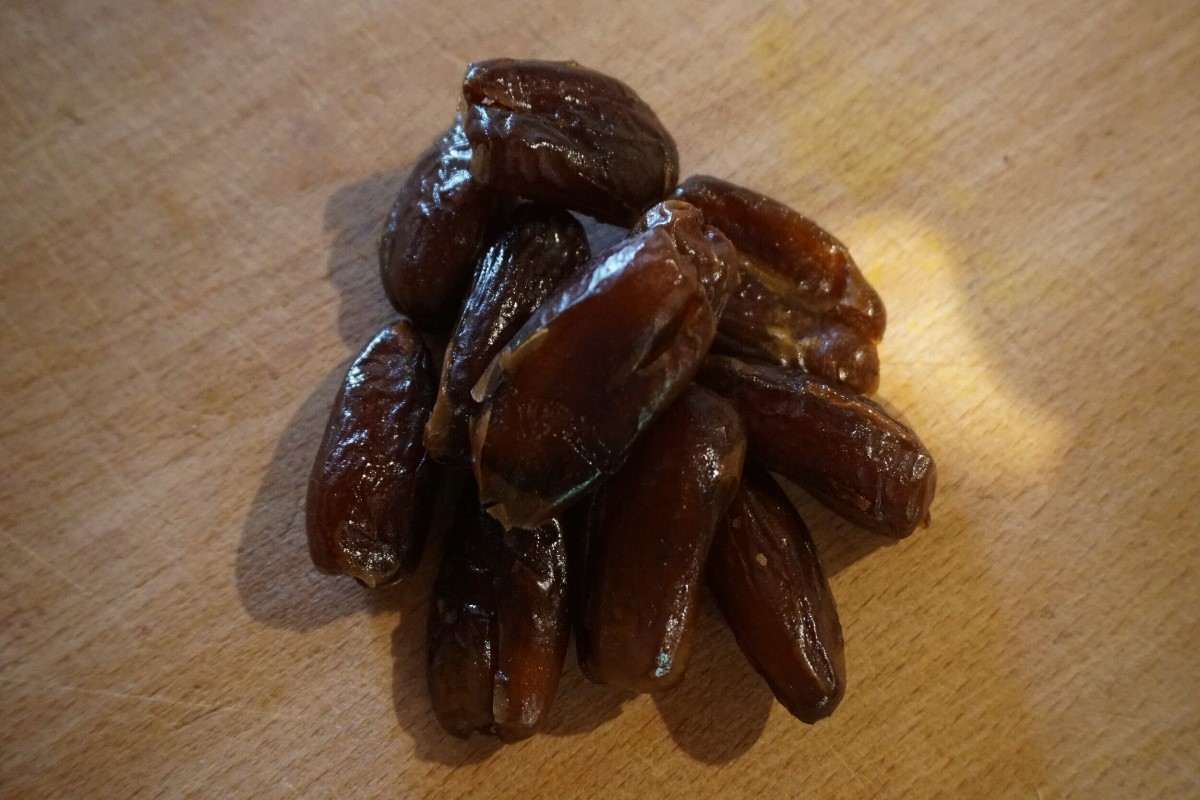 Finally, we’ll put them side by side to highlight the differences between them. Exactly what do we mean when we talk about dates? Dates are one of the world’s naturally sweetest fruits, but that’s not all they’re good for! The Greek word for “fingers” (from which the animal gets its name) describes their form well. If you like dates and you like to travel, you will undoubtedly find new date variations as you go. The fact that these fruits are among the few that are used in some form by nearly every culture makes them special to us. Common British desserts like sticky toffee pudding and Christmas pudding both feature chopped dates. Dates stuffed with bacon are a popular dish in the southeast of Spain. Date syrup is used as a sweetener and flavoring agent in the country. And it has become a multi-purpose staple in many Middle Eastern countries. Recently, dating has gained renewed public interest. Moreover, it can be somewhat daunting to have such convenient access to products and information from all over the world. The most common inquiry we get about dates is whether or whether wet dates are different from dried ones, and if so, what those distinctions are. All right, let’s go into that! Two varieties of wet dates exist. However, the way you have likely encountered it is not novel. Richness is used to categorize the varieties of wet dates. At the outset, there are khalal dates, also known as unripe dates, which simplify matters. The term “Khalal” is used to describe the moment when the dates are ready for picking (which is when they are unripe). However, it is not easy to get your hands on these dates because they are the wettest type of edible dates you can get. You probably won’t be able to try these out unless you happen to be in a place where dates are grown. Only in August and for a few weeks in September are they harvested.
Finally, we’ll put them side by side to highlight the differences between them. Exactly what do we mean when we talk about dates? Dates are one of the world’s naturally sweetest fruits, but that’s not all they’re good for! The Greek word for “fingers” (from which the animal gets its name) describes their form well. If you like dates and you like to travel, you will undoubtedly find new date variations as you go. The fact that these fruits are among the few that are used in some form by nearly every culture makes them special to us. Common British desserts like sticky toffee pudding and Christmas pudding both feature chopped dates. Dates stuffed with bacon are a popular dish in the southeast of Spain. Date syrup is used as a sweetener and flavoring agent in the country. And it has become a multi-purpose staple in many Middle Eastern countries. Recently, dating has gained renewed public interest. Moreover, it can be somewhat daunting to have such convenient access to products and information from all over the world. The most common inquiry we get about dates is whether or whether wet dates are different from dried ones, and if so, what those distinctions are. All right, let’s go into that! Two varieties of wet dates exist. However, the way you have likely encountered it is not novel. Richness is used to categorize the varieties of wet dates. At the outset, there are khalal dates, also known as unripe dates, which simplify matters. The term “Khalal” is used to describe the moment when the dates are ready for picking (which is when they are unripe). However, it is not easy to get your hands on these dates because they are the wettest type of edible dates you can get. You probably won’t be able to try these out unless you happen to be in a place where dates are grown. Only in August and for a few weeks in September are they harvested. 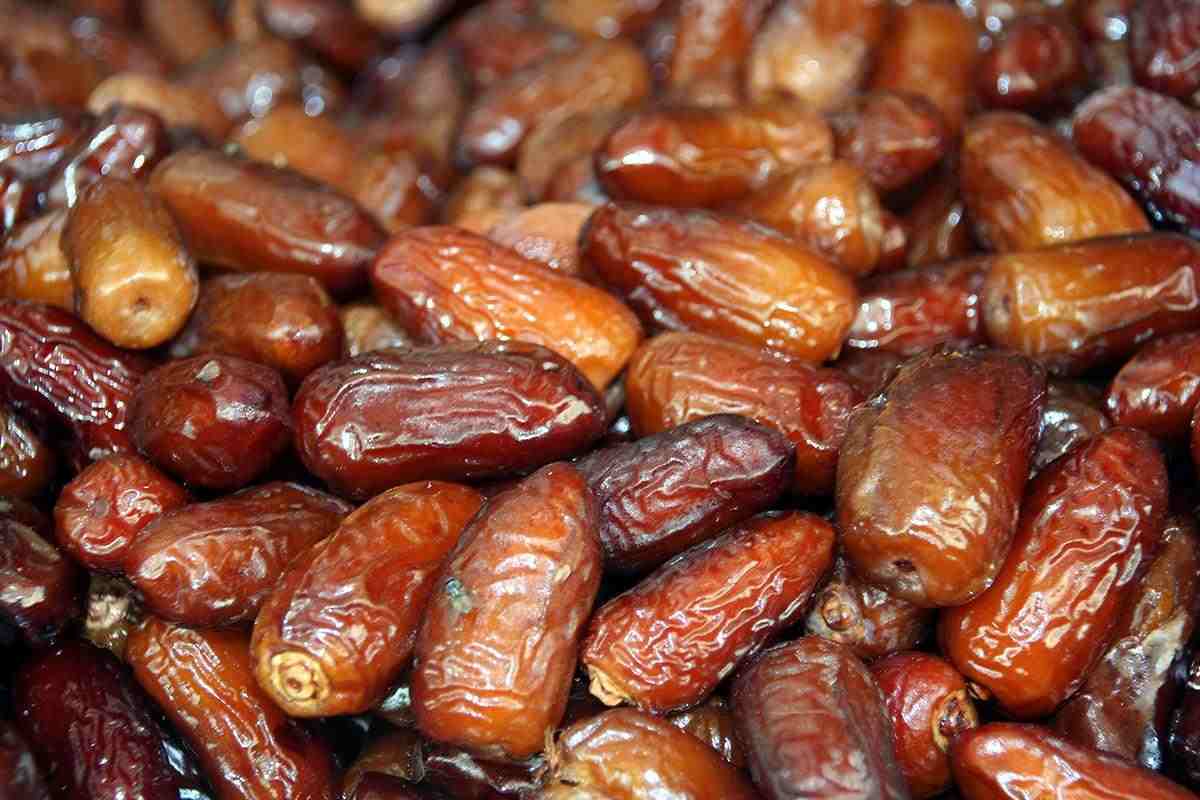 The dates have reached their utmost size and weight at this point in the harvesting process. They are around 80% wet now, so they are relatively swollen. This imparts a mellow sweetness to the pale yellow fruit, resembling that of apples, coconuts, and sugarcane. The meat has a crunch and a hardness reminiscent of a pear. Usually, people just eat these dates straight up. When in season, people go crazy for them as a snack. They are commonly sold in bunches by shops and peddlers. Although it’s possible to use unripe dates in cooking, most recipes call for dates that have already reached their peak sweetness. Dates have attained full ripeness when they undergo a dramatic shift in texture, flavor, and color. Dates have become a pale brown color and shrunken as they have lost water. The typical moisture content of ratub dates is between 50 and 70%. The riper they are, the tenderer and luscious they become. And their sweetness goes through the roof. Some caramel-like flavors will stand out. Although they spoil quickly, these dates can be refrigerated and used for up to two years. The globe over, ripe dates may be found in most grocery stores. It’s not just as a snack that rutab dates are so often utilized. Stews, casseroles, curries, tagines, and even salads might benefit from their addition. You can also include them in sweet dishes or use them as a garnish. They are a tasty addition that will also provide some texture. Keep in mind that you must cut each date in half and remove the pit before eating it. The hole should be simple to extract. Dates, the dried form of these fruits, are their “ultimate” form. At this point, dates are at their driest and most usually encountered form, which is also known as the Tamr stage. Tamr dates have an extremely dark brown color and withered skin because they contain only around 10% moisture. Dates are dried in the sun while still on the date trees. Sun-dried dates are another common name for them.
The dates have reached their utmost size and weight at this point in the harvesting process. They are around 80% wet now, so they are relatively swollen. This imparts a mellow sweetness to the pale yellow fruit, resembling that of apples, coconuts, and sugarcane. The meat has a crunch and a hardness reminiscent of a pear. Usually, people just eat these dates straight up. When in season, people go crazy for them as a snack. They are commonly sold in bunches by shops and peddlers. Although it’s possible to use unripe dates in cooking, most recipes call for dates that have already reached their peak sweetness. Dates have attained full ripeness when they undergo a dramatic shift in texture, flavor, and color. Dates have become a pale brown color and shrunken as they have lost water. The typical moisture content of ratub dates is between 50 and 70%. The riper they are, the tenderer and luscious they become. And their sweetness goes through the roof. Some caramel-like flavors will stand out. Although they spoil quickly, these dates can be refrigerated and used for up to two years. The globe over, ripe dates may be found in most grocery stores. It’s not just as a snack that rutab dates are so often utilized. Stews, casseroles, curries, tagines, and even salads might benefit from their addition. You can also include them in sweet dishes or use them as a garnish. They are a tasty addition that will also provide some texture. Keep in mind that you must cut each date in half and remove the pit before eating it. The hole should be simple to extract. Dates, the dried form of these fruits, are their “ultimate” form. At this point, dates are at their driest and most usually encountered form, which is also known as the Tamr stage. Tamr dates have an extremely dark brown color and withered skin because they contain only around 10% moisture. Dates are dried in the sun while still on the date trees. Sun-dried dates are another common name for them. 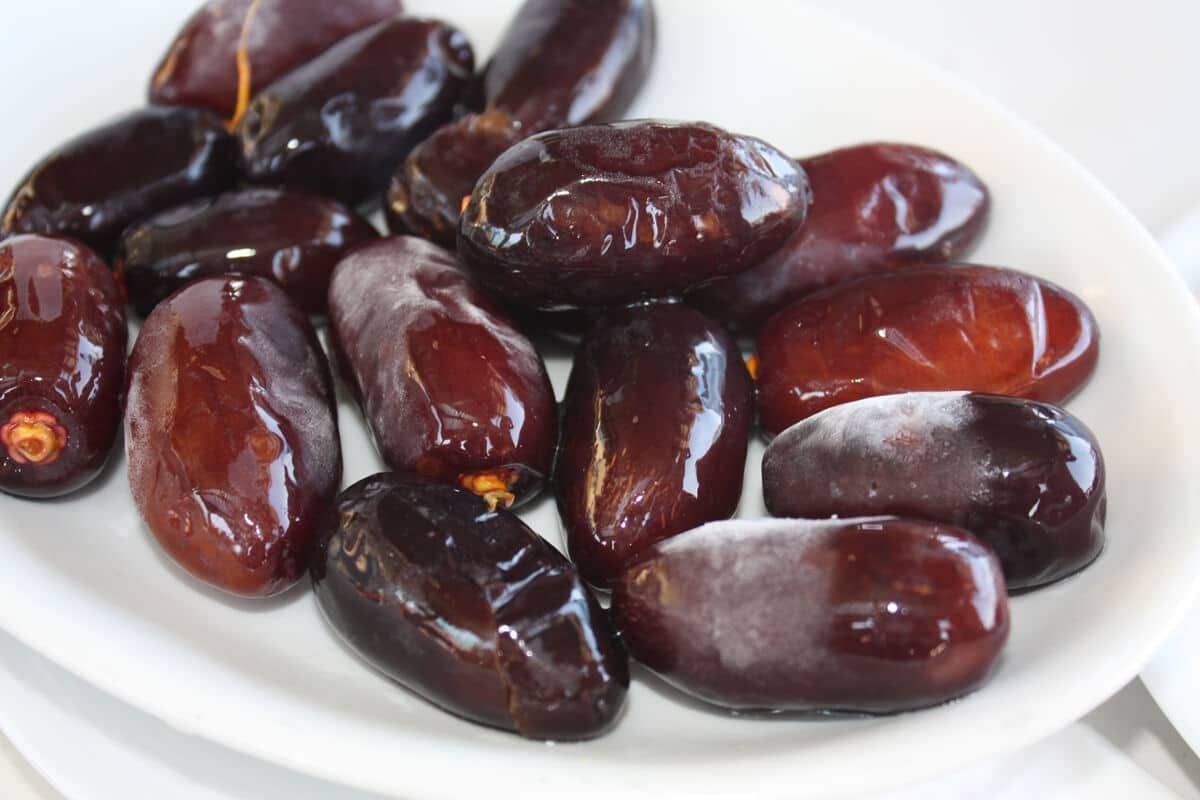 These dates have such a low moisture content that they can be stored for years without being refrigerated. In addition to serving as a preservative, the sugars contribute to their concentrated sweetness. It stands to reason that these dates wouldn’t be as juicy as the others, but they sure would be sweeter! When wet dates are out of season or unavailable, their dried counterparts are a popular alternative. Dried dates can be used in almost the same ways that wet Rutab dates can be used, but sometimes rehydration is required. Just soak them in hot water for around 8-10 minutes, and they’ll be good as new. This will re-hydrate them, making them much more manageable. Do not forget to take out the pit once more. We don’t have a lot of data on the nutritional value of wet dates versus dried dates. We can state categorically that dates are a fruit that is both delicious and healthy. While heavy in sugar, it also contains a lot of healthy flavonoids and fiber. Polyphenols function as an anti-inflammatory antioxidants. Dates, in comparison to most other fruits and vegetables, are an exceptionally rich source of polyphenols. And if you’re looking to improve your fiber intake, a quarter cup of dates provides you with 12% of your daily need. In general, it’s a great snack because it’s nutrient-rich and keeps you full for a long time (or at least curbs your sweet tooth). Protein, vitamin B6, and minerals including iron, magnesium, and potassium can all be found in dates. Dates are naturally high in sugar and, as a result, in calories. Approximately 20 calories can be found in one typical-sized date.
These dates have such a low moisture content that they can be stored for years without being refrigerated. In addition to serving as a preservative, the sugars contribute to their concentrated sweetness. It stands to reason that these dates wouldn’t be as juicy as the others, but they sure would be sweeter! When wet dates are out of season or unavailable, their dried counterparts are a popular alternative. Dried dates can be used in almost the same ways that wet Rutab dates can be used, but sometimes rehydration is required. Just soak them in hot water for around 8-10 minutes, and they’ll be good as new. This will re-hydrate them, making them much more manageable. Do not forget to take out the pit once more. We don’t have a lot of data on the nutritional value of wet dates versus dried dates. We can state categorically that dates are a fruit that is both delicious and healthy. While heavy in sugar, it also contains a lot of healthy flavonoids and fiber. Polyphenols function as an anti-inflammatory antioxidants. Dates, in comparison to most other fruits and vegetables, are an exceptionally rich source of polyphenols. And if you’re looking to improve your fiber intake, a quarter cup of dates provides you with 12% of your daily need. In general, it’s a great snack because it’s nutrient-rich and keeps you full for a long time (or at least curbs your sweet tooth). Protein, vitamin B6, and minerals including iron, magnesium, and potassium can all be found in dates. Dates are naturally high in sugar and, as a result, in calories. Approximately 20 calories can be found in one typical-sized date. 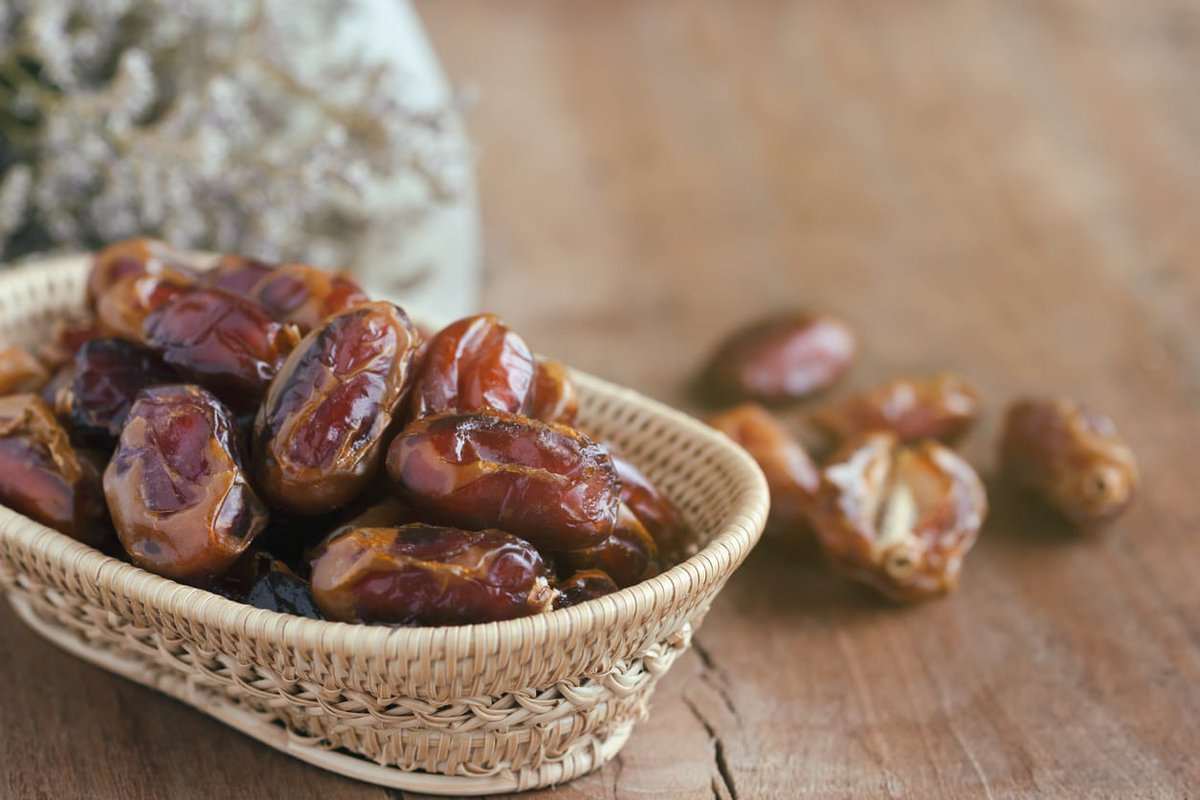 Are There Significant Differences Between Wet Dates and Dried Dates? The primary distinctions between wet and dried dates will be discussed first. Even though the two phases are so different, wet dates are collected twice. Because of their exceptional taste, both are branded and sold as “wet.” Unripe dates, or khalal dates, are a bright yellow color and have highly dense and tough flesh. They’re highly juicy because of their high water content, and their slight sweetness makes them a perfect snack. Ripe dates, also known as rutabs, are a light brown color, incredibly juicy, and sweet. They’ve softened up and taken on a caramel flavor. Dried dates, or tamr, are very different from their wet counterparts. They are the driest and least juicy of all possible fruits. The concentrated sugars in dried fruit result from the fruit’s loss of moisture. Similarly, dried dates have a deep, almost black hue and a tough, leathery exterior. Aside from eating them wet, unripe dates have no other uses. We haven’t been able to locate any other contexts in which they are employed. Still, whether wet or dried, dates serve the same purposes. In other circumstances, such as when using them in a smoothie or a dessert, dried dates merely need to be rehydrated. Khalal dates are perishable and must be consumed quickly before they ripen into Rutab dates. Only August is typical for their availability. Although Rutab dates are more perishable, they can still be frozen for up to two years. Tamr dates have a two-year shelf life when stored at room temperature. Dates are a great source of nutrition because they are high in protein, fiber, and antioxidants and also have a little number of vitamins and minerals. Also, the sugar content naturally rises as the dates mature.
Are There Significant Differences Between Wet Dates and Dried Dates? The primary distinctions between wet and dried dates will be discussed first. Even though the two phases are so different, wet dates are collected twice. Because of their exceptional taste, both are branded and sold as “wet.” Unripe dates, or khalal dates, are a bright yellow color and have highly dense and tough flesh. They’re highly juicy because of their high water content, and their slight sweetness makes them a perfect snack. Ripe dates, also known as rutabs, are a light brown color, incredibly juicy, and sweet. They’ve softened up and taken on a caramel flavor. Dried dates, or tamr, are very different from their wet counterparts. They are the driest and least juicy of all possible fruits. The concentrated sugars in dried fruit result from the fruit’s loss of moisture. Similarly, dried dates have a deep, almost black hue and a tough, leathery exterior. Aside from eating them wet, unripe dates have no other uses. We haven’t been able to locate any other contexts in which they are employed. Still, whether wet or dried, dates serve the same purposes. In other circumstances, such as when using them in a smoothie or a dessert, dried dates merely need to be rehydrated. Khalal dates are perishable and must be consumed quickly before they ripen into Rutab dates. Only August is typical for their availability. Although Rutab dates are more perishable, they can still be frozen for up to two years. Tamr dates have a two-year shelf life when stored at room temperature. Dates are a great source of nutrition because they are high in protein, fiber, and antioxidants and also have a little number of vitamins and minerals. Also, the sugar content naturally rises as the dates mature. 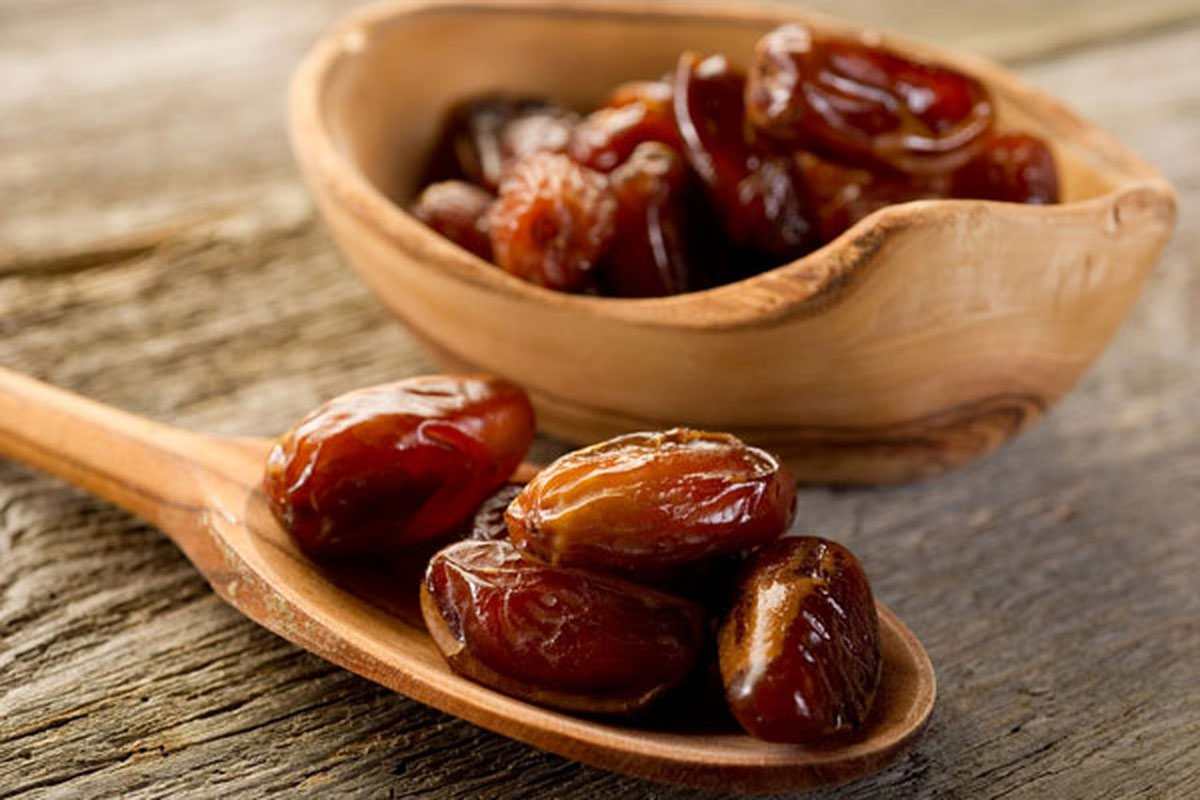 There are a lot of calories in it (about 20 calories per average sized-date). Unlike sugary treats, however, these actually have some nutritional value. We would not argue that any other dates might be used in place of unripe (Khalal) dates. Even other types of fruit. However, dried dates can be substituted for wet ones. In order to restore the dates’ moisture content, simply re-hydrate them, as we’ve discussed before. This will make them usable in the same manner that ripe dates are. You may not need to make any adjustments to recipes that call for dried dates but instead use wet, ripe ones. Ripe dates can be dried in the oven at a low temperature for a few hours if you need to utilize them in a dried state.
There are a lot of calories in it (about 20 calories per average sized-date). Unlike sugary treats, however, these actually have some nutritional value. We would not argue that any other dates might be used in place of unripe (Khalal) dates. Even other types of fruit. However, dried dates can be substituted for wet ones. In order to restore the dates’ moisture content, simply re-hydrate them, as we’ve discussed before. This will make them usable in the same manner that ripe dates are. You may not need to make any adjustments to recipes that call for dried dates but instead use wet, ripe ones. Ripe dates can be dried in the oven at a low temperature for a few hours if you need to utilize them in a dried state.
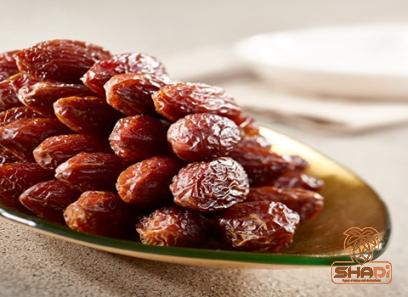
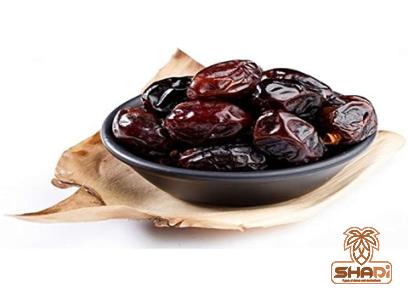
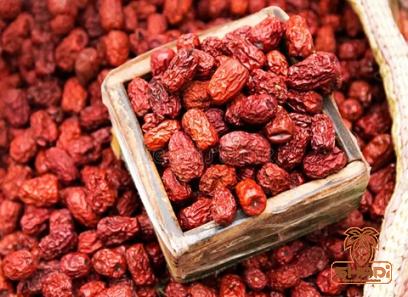
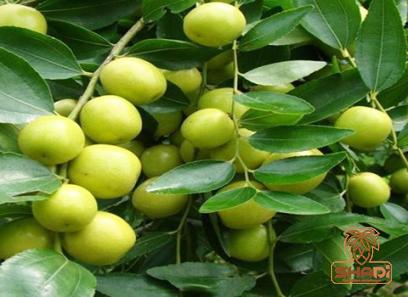
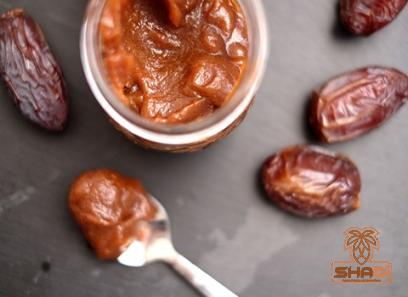
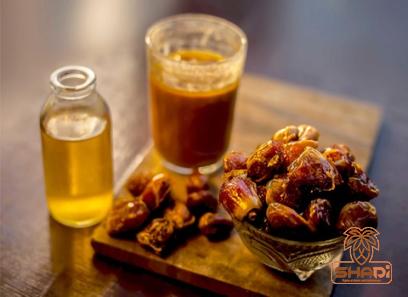
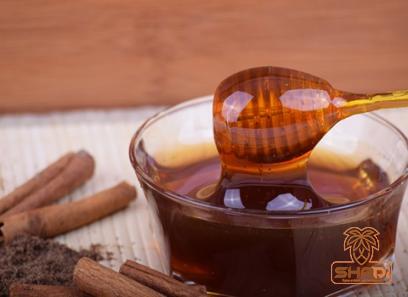
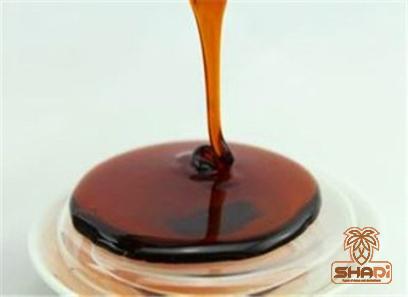
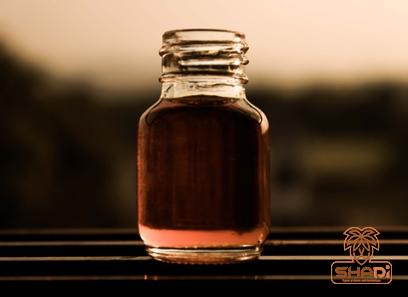
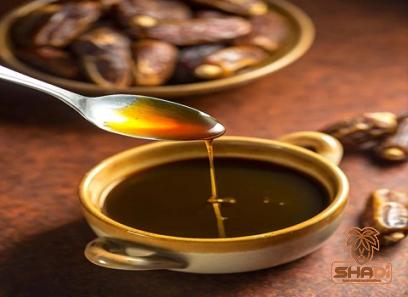
Your comment submitted.